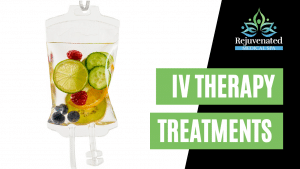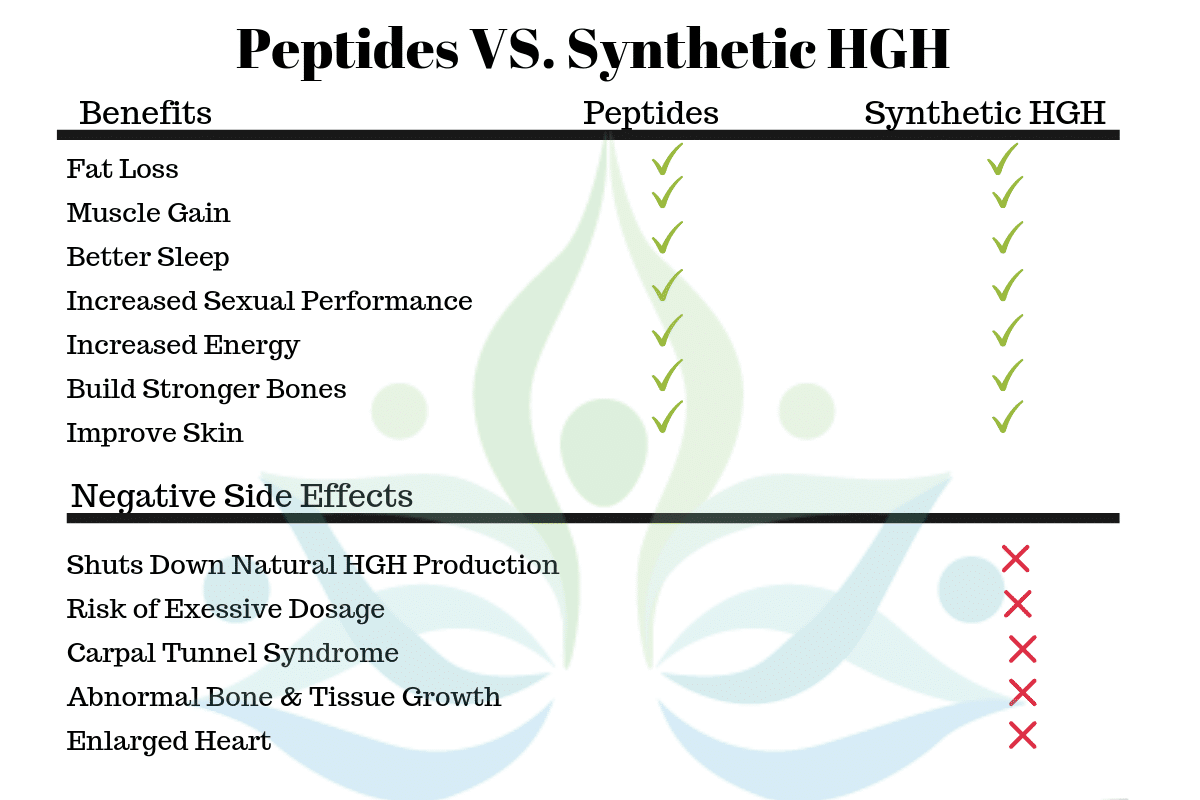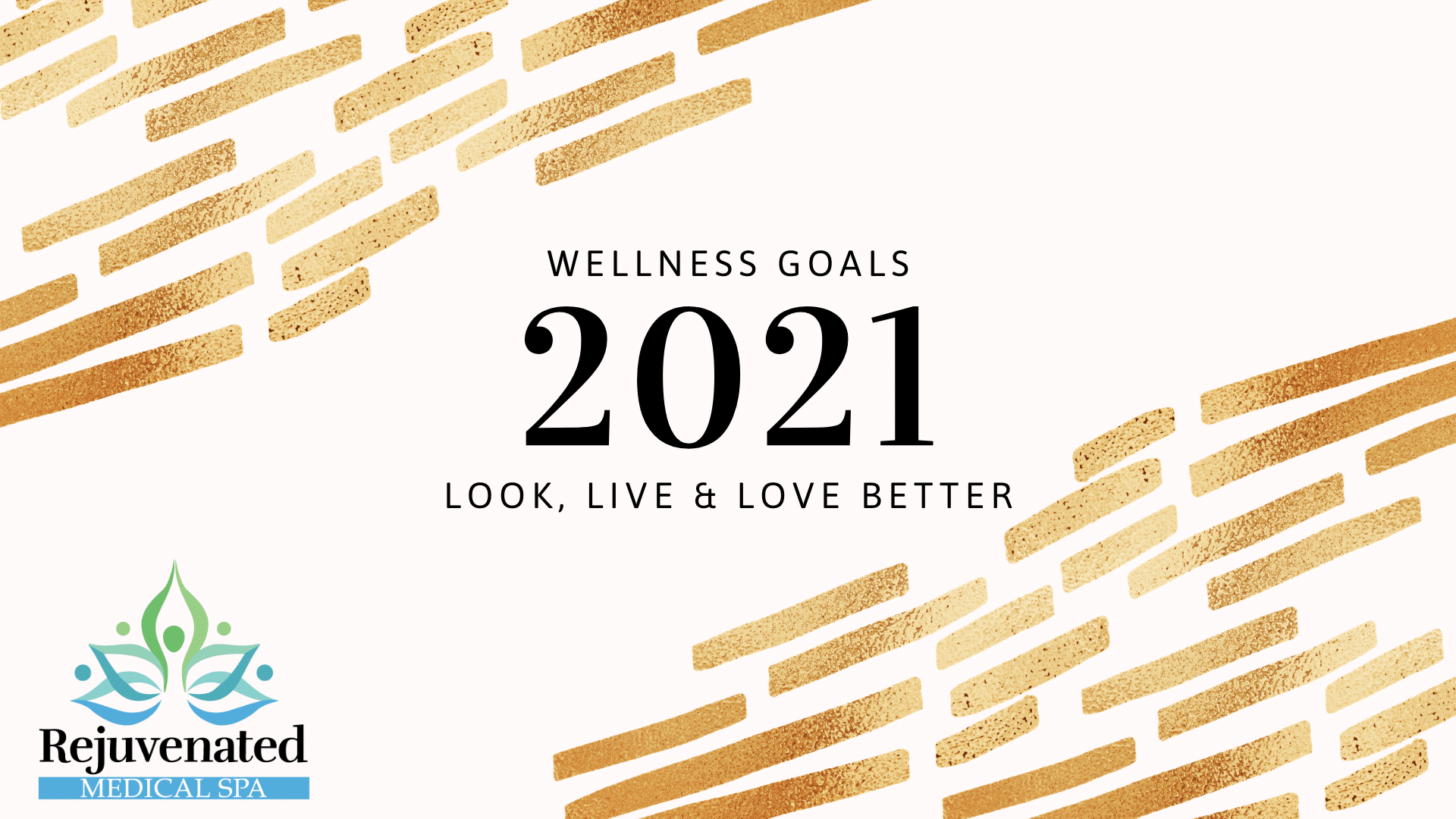Stress, Anxiety, and Optimal Health – by Nick Gentry. M.D.
As many of you may know, I help my patients build optimal health plan around 5 pillars of health:
- Physical Fitness
- Nutrition
- Sleep
- Hormone Optimization
- Stress Reduction
By stress reduction, I include physical (such as toxins, heavy metals, infections etc), mental, and emotional stressors. For this blog, I want to focus on mental and emotional stress. We will also mention how some of the other pillars of health can affect stress management.
What is Stress?
Stress is a commonly used term. The standard definition of stress is the disruption of homeostasis or a state of disharmony in response to a real or perceived threat or challenge (7). It is important to know that not all stress is bad. Stress is present in all of our lives and cannot (and should not) be completely eliminated. The term “eustress” refers to positive stress that is associated with increased performance and productivity. The term “distress” is negative stress that is associated with reduced performance and negative health effects. (7)
Acute vs. Chronic Stress
Acute stress is what an individual experiences at the time the stressor is encountered. The stress response is activated and the body returns to baseline once the challenge is removed or the individual adapts accordingly. The human body is very proficient at adapting to acute stressors during short periods of time. Acute stress can be a problem when encountered repeatedly. For example, a job that requires repeated deadlines of high importance.
Chronic stress is not so easily resolved and is more associated with adverse health effects (7). Chronic stress results when multiple stressors are present or when a major stressor (death, moving divorce etc.) is present for an extended period of time. Finances, work, relationships, family, school, health concerns, a pandemic, and many more issues can combine to make us feel overwhelmed. The holidays can be a particularly stressful time for many people. The demands of family, choosing gifts, hosting parties, and the financial costs can be an additional burden to your already hectic life.
What does stress do to the body?
When a person encounters stress, the body prepares for the threat. The sympathetic nervous system and the endocrine system respond by producing hormones epinephrine, norepinephrine, and cortisol. The result is an increase in heart rate and blood pressure, increased energy production, suppression of our immune system as well as other changes. (7)
It is estimated that 75% to 90% of primary care visits are caused by stress-related illnesses. Cardiovascular disease, obesity, diabetes, anxiety, depression, immune suppression (resulting in more frequent illness), headaches, insomnia and more are associated with stress (7). Stress also influences behaviors that affect health. Dietary choices, sleep habits, excessive alcohol consumption, drug use and other detrimental behaviors can all be affected by stress.
How can you reduce stress?
Supplements:
Magnesium : Magnesium is a cofactor in more than 300 enzyme reactions in the body including protein synthesis, muscle and nerve function, glucose control, blood pressure regulation, energy production, and more. A large portion of Americans have sub-optimal magnesium levels. In addition, lab tests typically measure extracellular (outside of the cells) magnesium levels whereas the vast majority of magnesium is intracellular (inside of cells). This can make the lab test less accurate at predicting true magnesium levels. Patients with lower magnesium levels may experience more anxiety and depression, muscle cramps or spasms, restless leg syndrome, elevated blood pressure, difficulty sleeping and more. A large portion of Americans do not have optimal magnesium levels. Magnesium supplementation has been shown to improve anxiety and depression symptoms reported in patients under stress (Noah). I typically recommend Magnesium Glycinate from Pure Encapsulations 2 to 3 120 mg capsules at bed time.
Vitamin B6 (Pyridoxine): Vitamin B6 acts as a cofactor in over 100 enzymatic reactions, including the synthesis of neurotransmitters such as GABA, serotonin, and dopamine. In addition to modulating mechanisms in depression and anxiety, vitamin B6 may have other stress-reducing properties such as lowering blood pressure and reducing cortisol (stress hormone) effects. Vitamin B6 may also modulate magnesium levels and has been shown to improve upon the stress reduction seen with magnesium supplementation (1). I like B Complex Plus from Pure Encapsulations because it has the activated form of B6 as well as Vitamins B1,B2,B3,B5,B6,B7 as well as the active forms (i.e. methylated) of B12 and Folate.
L-Theanine : L-theanine is an amino acid derived mostly from tea leaves. Camellia Sinensis tea is widely considered to promote calming and soothing feelings. This is due to L-theanine in the tea. L-theanine is similar in structure to glutamate and binds to glutamate receptors (NMDA, AMPA, and KA). Normally glutamate would produce an excitatory effect but when L-theanine binds to these receptors, it produces a calming effect. L-theanine has been shown to improve symptoms of stress and anxiety as well as to improve sleep (2). I take Pure Encapsulations L-theanine 200mg 1 to 2 caps daily with an additional capsule taken during stressful days.
Insomnitol : This is a sleep aid supplement from Designs For Health. This supplement because it contains L-theanine, 5-HTP, Vitamin B6, Inositol, and a small amount of melatonin (1.5mg per chewable tablet). I like that this comes in a chewable tablet for rapid onset. I take 1-2 tablets at night for sleep. I can even take 1 tablet if I wake up at 2am, get back to sleep and wake up at 6am without feeling drowsy or sedated. Most sleep aids contain 5-10mg melatonin or more, which I believe is too much. The average human produces only about 1mg per day so taking more than 5mg can lead to drowsiness the following day.
Adrenomend : This is a proprietary blend of adaptogenic herbs and Ashwagandha. Ashwagandha has been shown to improve anxiety and stress (4). I typically recommend 2 capsules daily to patients with chronic stress for 2 to 4 months to support healthy adrenal gland function and to treat adrenal fatigue.
Vitamin D: Vitamin D has many functions in the body. Vitamin D supports healthy bones, is involved in blood glucose control, can improve mood, helps support the immune function, and even has anti-cancer effects. I typically recommend a combination of Vitamin D3 and Vitamin K from Metagenics. If patients are significantly deficient, I may recommend injections of vitamin D to get levels higher and maintain with the oral form.
Exercise:
Many people report exercise as a stress reducer, but there is actual scientific evidence supporting exercise as a way to reduce stress and its effects on the body. Studies have found that 150 minutes of moderate intensity exercise per week can reduce reported stress and anxiety (7). Also, there are studies that show 60-90 minutes of Yoga or Tai Chi 2 to 3 days per week were effective in reducing stress and improving feelings of well-being (7). Exercise has been shown to be beneficial in many chronic diseases such as heart disease, diabetes, arthritis, certain cancers, and Alzheimer’s disease (9). There are actually many studies that show regular exercise can reduce anxiety and depression (9). Most studies seem to find that a minimum of 150-160 minutes per week of moderate intensity exercise is beneficial for many diseases.
Sleep :
- Sleep hygiene: This is a way to describe our sleep environment and routine. Try to sleep at about the same time every night. Create a cool, dark, and calming environment for sleep. You can also create a sleep routine such as reading a book, taking a hot bath, unplugging from electronics, dimming lights, etc.
- Reduce screen time: Our phones, tablets, computers, and televisions emit blue light. This stimulates the visual cortex of the brain and can disrupt our sleep cycles and melatonin production. I know it is tempting, but picking up your phone (or other device) is one of the worst things you can do when you can’t sleep. I recommend avoiding these devices 30-60 minutes prior to sleep.
- Supplement: I prefer a milder sleep aid such as Insomnitol and magnesium (see above). For women, progesterone deficiency can also lead to increased symptoms of anxiety and sleep difficulties.
- Exercise (yes again): At least 160 minutes of moderate intensity exercise every week can improve symptoms of anxiety and depression in addition to reducing risks of obesity, diabetes, heart disease, and other diseases. Exercise can also improve sleep quality (3). I typically recommend that my patients exercise earlier in the day as later day exercise can disrupt sleep.
- Sunlight: Inadequate sunlight exposure can negatively affect sleep quality. Natural sunlight stimulates the production of vitamin D and also helps prepare your body for melatonin production later in the day. (5)
Meditation and Mindfulness:
There are several types of meditation. Some types of meditation to consider are: mindfulness, focused, progressive relaxation, loving-kindness, and visualization. Meditation and mindfulness are finally gaining attention in the media and from experts. Even traditional physicians are now realizing that some of these techniques can improve overall health. We will focus briefly on mindfulness. Mindfulness is being focused fully on “the now” so you can acknowledge and accept your thoughts, feelings, and sensations without judgment. Mindfulness meditation can teach you to slow down racing thoughts, let go of negativity, and calm your mind and body. Techniques can vary, but typically mindfulness meditation involves deep breathing and awareness of mind and body. (12) There is evidence that mindfulness training can improve chronic pain and stress reactivity (10). Mindfulness based therapy has been shown in over 200 studies to be effective for reducing anxiety, depression, and stress (11).
There are several ways to approach mindfulness and meditation ranging from basic apps on your phone to organized weekly classes such as the Mindfulness-Based Stress Reduction (MBSR) course and even mindfulness-based therapy. A good initial practice is to get comfortable, notice your thoughts, focus on breathing, and give yourself a break. I am still a novice in this area and am starting to focus more on mindfulness for my own stress and health. I listen to guided mindfulness techniques in the sauna or in a quiet room.
Conclusion:
Remember that self-care is vital for optimal health. Caregivers often forget to take care of themselves. The holidays are a prime example of this. Hopefully this blog has provided some basic ways for you to reduce stress and anxiety and to improve your overall health. The main thing to remember is take care of yourself so that you can continue to take care of everyone else!
References:
- Noah, Lionel et al. Effect of Magnesium and Vitamin B6 Supplementation on Mental Health and Quality of Life in Stressed Healthy Adults: Post-hoc Analysis of a Randomised Controlled Trial. Stress Health Dec 2021; 37 (5) 1000-1009
- Wang, Liwen, et al. How Does the Tea L-theanine Buffer Stress and Anxiety? Food Science and Human Wellness. Volume 11 Issue 3, May 2022 p. 467-475.
- Kline, Christopher E. American Journal of Lifestyle Medicine. 2014 Nov-Dec; 8(6) 375-379.
- Akhgarjand, Camellia et al. Does Ashwagandha Supplementation Have a Beneficial Effect on the Management of Anxiety and Stress? A Systematic Review and Meta-Analysis of Randomized Controlled Trials. Phytotherapy Research. August 25, 2022.
- Choi, Ji Ho et al. Relationship between Sleep Duration, Sun Exposure, and Serum 25-Hydroxyvitamin D Status: A Cross-Sectional Study. Scientific Reports. 2020; 10: 4168
- Mostafizur, Mohammed et al. Early Hippocampal Volume Loss as a Marker of Eventual Memory Deficits Caused By Repeated Stress. Scientific Reports Volume 6, Article: 29127 (2016)
- Jackson, Erica. The Role of Exercise in Stress Management. American College of Sports Medicine Health & Fitness Journal: May/June 2013 Volume 17 Issue 3 p. 14-19.
- Mariotti, Agnese. The Effects of Chronic Stress on Health: New Insights into the Molecular Mechanisms of Brain-Body Communicatin. Future Science Open Access. November 2015; 1(3): FS023
- Hu, Shaojuan et al. Beneficial Effects of Exercise on Depression and Anxiety During the Covid-19 Pandemic: A Narrative Review. Frontiers in Psychiatry November 4, 2020.
- Davis, Mary et al. Mindfulness and cognitive-behavioral interventions for chronic pain: Differential effects on daily pain reactivity and stress reactivity. Journal of Consulting and Clinical Psychology 83(1);24-35.
- Khoury, Bassam et al. Mindfulness-based therapy: A Comprehensive Meta-Analysis. Clinical Psychology Review. Volume 33, Issue 6, August 2013 p. 763-771.
- Verywellmind.com

Services
Sitemap
© 2024 Rejuvenated Medical Spa. Site by Luna Marketing. | Privacy Policy | Financial Policy |






